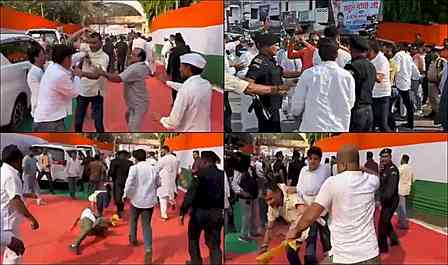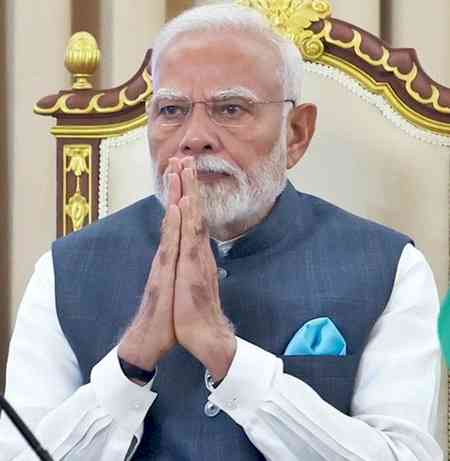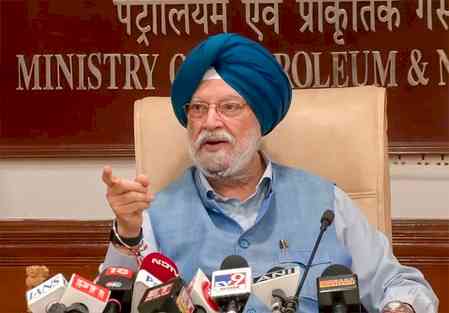After MCD polls, all eyes on control of zones and standing committee
After the Aam Aadmi Party achieved a historic victory in the Municipal Corporation of Delhi polls and ended the 15-year rule of the Bharatiya Janata Party in the MCD, now all eyes are set on getting control of more zones to lead the MCD standing committee and ultimately the functioning of the urban local body.

AVINASH PRABHAKAR
New Delhi, Dec 11 (IANS) After the Aam Aadmi Party achieved a historic victory in the Municipal Corporation of Delhi polls and ended the 15-year rule of the Bharatiya Janata Party in the MCD, now all eyes are set on getting control of more zones to lead the MCD standing committee and ultimately the functioning of the urban local body.
After the reunification, the Union home ministry has demarcated the 250 wards under the 12 administrative zones of the Municipal Corporation of Delhi for smooth functioning. These zones include Central, City-SP (Sadar Paharganj), Civil Lines, Karol Bagh, Keshav Puram, Najafgarh, Narela, North Shahdara, Rohini, South Shahdara, South and West.
According to the Home Ministry notification, the number of wards under these zones may vary from 12 under the smallest City-Sadar Paharganj zone to a maximum of 35 wards under the Shahadra North zone.
As per the election result tally, the AAP has won 134 wards in the civic body polls and may have control in seven zones -- City-Sadar Paharganj, Rohini, Civil Lines, Narela, South, West and Karol Bagh.
With 104 wards, the BJP will have an edge in four zones -- Keshavpuram, Najafgarh, Shahdara North and Shahdara South. However in the Central zone, Congress members may play a key role in decision making as the AAP has 13 councillors, the BJP has 10 and the Congress has 2 members out of the total 25 wards.
Further, each zone is governed by a ward committee that consists of all elected members of the wards plus the nominated members from the Lt Governor of Delhi. The ward committee has a key role in taking administrative decisions in the zone.
However, as far as the matter of nominated members is concerned the LG has the mandate to elect 10 aldermen in total, but zone-wise division of these aldermen is not mandated. It means that the LG can either nominate all the 10 aldermen in one single zone or may appoint them in different zones.
As the nominated members have the power to vote in the ward committees and to alter decisions, the appointment of nominated members is of crucial importance for the power balance in any zone.
The ward committee further elects a member to the MCD standing committee, the powerful administrative unit for the functioning of the MCD. Therefore, the party which will have control in more zones will get a stronger hold in the standing committee and ultimately in leading India's biggest local urban body.


 IANS
IANS 








